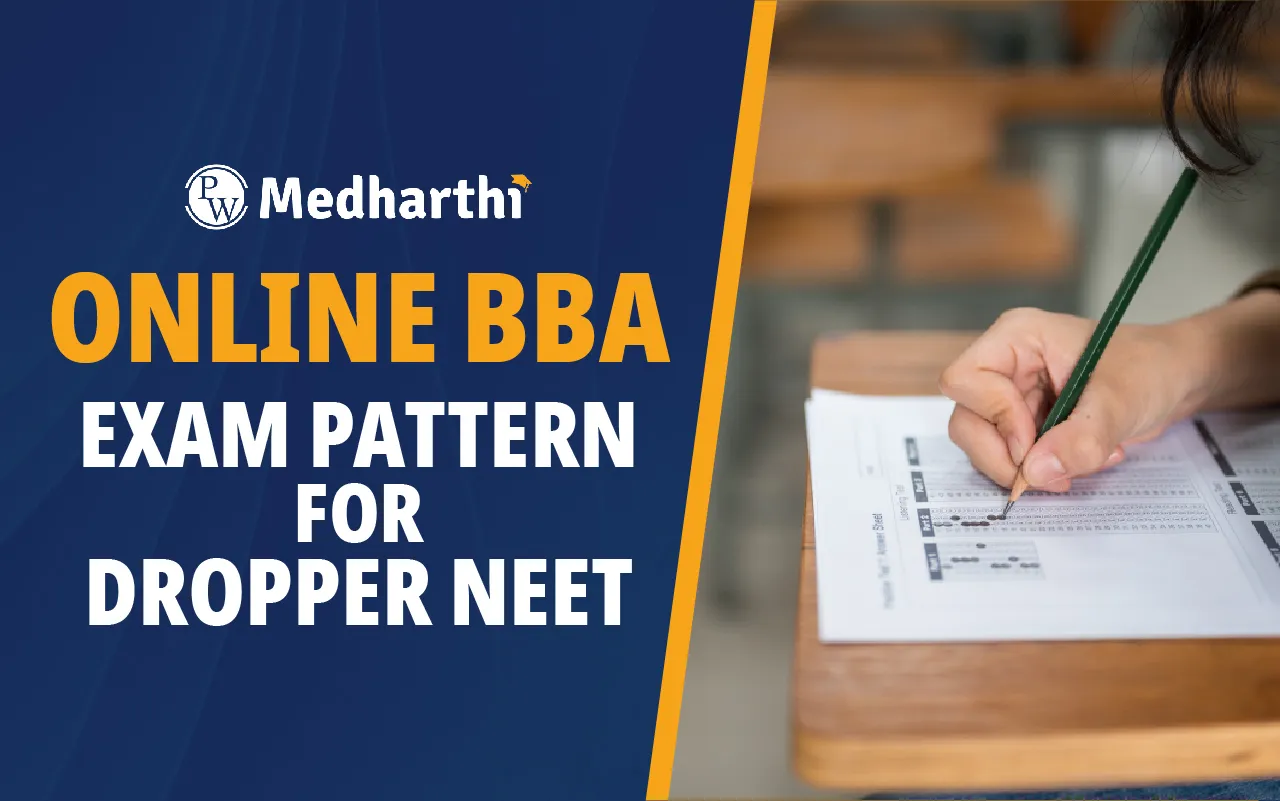

In recent years, the choice between BCom Distance Education vs Online BCom has become a central question for students seeking flexibility while pursuing a Bachelor of Commerce degree. Both options allow learners to access education without the need for regular campus attendance. However, they vary significantly in terms of structure, mode of delivery, student interaction, and technology use. Understanding the nuances between these two can help students make an informed decision based on their lifestyle, location, and career goals.
What is BCom Distance Education?
BCom Distance Education is a form of learning where students receive course materials through postal services or designated study centers. Interaction with teachers is minimal and usually happens during scheduled contact classes or examinations. This method is suitable for learners who may not have consistent internet access or who prefer self-study through printed materials.
-
Printed Materials for Learning: Learners receive hard copy study materials via mail or collection centers, which serve as the primary mode of instruction and self-study throughout the academic term.
-
Offline Examinations: Most distance BCom programs conduct exams in offline mode at study centers, allowing students to plan their study schedule independently before attempting the final assessment.
What is Online BCom?
Online BCom is a digital-first program where the entire course, lectures, assignments, quizzes, and exams, is conducted over the internet. Classes are delivered through a Learning Management System (LMS), and students can interact with faculty and peers in real-time or via recorded sessions.
-
Real-Time Interaction with Faculty: Students attend live or recorded lectures, participate in virtual discussions, and get prompt responses through online portals, creating an interactive learning environment.
-
Tech-Driven Learning Modules: Online BCom includes videos, quizzes, simulations, and digital textbooks, offering a multimedia-rich experience that encourages better concept retention and practical application.
BCom Distance Education vs Online BCom
To better understand the differences, here is a table comparing BCom Distance Education vs Online BCom across key factors:
| BCom Distance Education vs Online BCom | ||
| Feature | BCom Distance Education | Online BCom |
| Mode of Delivery | Physical materials, occasional contact | Entirely digital through online platforms |
| Internet Requirement | Not mandatory | Mandatory |
| Student-Faculty Interaction | Limited | Regular via video, chat, forums |
| Flexibility | Moderate | High |
| Assignments & Exams | Mostly offline | Mostly online |
| Learning Materials | Printed materials | Videos, eBooks, live sessions |
| Accessibility | Suitable for rural areas | Best for urban and internet-enabled areas |
| Fee Structure | Usually lower | Slightly higher due to tech infrastructure |
| Tech Skill Requirement | Minimal | Moderate to High |
| Recognition | Widely accepted | Increasingly accepted |
Curriculum and Academic Rigor
Both BCom Distance Education and Online BCom follow a curriculum aligned with the guidelines set by the University Grants Commission (UGC) or other relevant education authorities. Subjects like Financial Accounting, Business Law, Economics, Marketing, and Taxation are core parts of both modes.
-
UGC-Approved Syllabus: The curriculum for both formats typically follows UGC norms, ensuring credibility and uniformity in topics such as accounting, taxation, economics, and financial management.
-
Project and Assignment Focus: Online BCom often includes projects and practical assignments, while distance education focuses more on theoretical exams and written assignments.
Learning Experience: Interaction and Engagement
One of the major points of difference in BCom Distance Education vs Online BCom is the level of engagement. In distance education, the learning process is often solitary, with limited interaction except during contact classes. Conversely, online BCom offers real-time interaction and a more immersive environment.
-
Peer-to-Peer Networking: Online BCom students can collaborate through discussion forums and group tasks, which enhances learning through idea sharing and real-time problem-solving.
-
Limited Touchpoints in Distance Mode: In distance education, communication is minimal, generally restricted to academic queries during contact sessions or through email correspondence.
Technology and Infrastructure Requirements
Technology plays a central role in Online BCom. Students need a reliable internet connection, a computer or smartphone, and basic digital literacy. On the other hand, BCom Distance Education requires minimal tech infrastructure, making it accessible to students in low-connectivity areas.
-
Digital Access Needed for Online BCom: Online BCom requires a device with stable internet access to participate in lectures, submit assignments, and appear for assessments.
-
Offline Support for Distance Students: Distance education relies on study centers for occasional support and exam coordination, reducing the dependency on internet-based tools.
Assessment and Examination Modes
Assessment methods differ in BCom Distance Education vs Online BCom. In distance education, students appear for offline exams and submit hard-copy assignments. Online BCom programs assess students using timed online exams, interactive quizzes, and project submissions.
-
Continuous Assessment in Online BCom: Online BCom promotes regular performance tracking through MCQs, weekly tasks, and peer reviews to build a consistent learning rhythm.
-
Year-End Exams in Distance Education: Most distance programs conduct term-end exams and rely on handwritten assignments submitted physically or via email for grading.
Universities for BCom Distance Education vs Online BCom
Universities offering BCom programs through Distance Education and Online modes provide flexible learning options for students. These programs cater to diverse needs, allowing learners to pursue commerce degrees remotely while balancing work or personal commitments, with recognized degrees that support career advancement and further education.
| Universities for BCom Distance Education vs Online BCom | |||
| Course | Mode | Fee (INR) | Eligibility |
| BCom | Distance/Online | 99,000 | 45% in 10+2 or Diploma (40% for SC/ST reserved category) |
| BCom | Distance/Online | 81,000 | Passed 12th or Diploma; no minimum percentage required |
| BCom | Online | - | Passed 12th or Diploma; no percentage criteria |
| BCom | Online/Distance | 127,500 | Passed 12th; no minimum percentage required |
| BCom | Online | 120,000 | 45% in 10+2 |
| BCom | Online | - | Passed 12th or Diploma; no percentage criteria |
| BCom | Online | - | 40% in 10+2 (35% for reserved category SC/ST/OBC/EWS) |
| BCom | Distance/Online | 48,000 | Passed 10+2 with no minimum percentage criteria |
Career Scope and Recognition
Both BCom Distance Education and Online BCom are recognized by employers and higher education institutions, provided they are from accredited universities. Acceptance is gradually becoming format-neutral, focusing more on the student's performance and skills.
| Career Scope and Recognition | ||
| Aspect | BCom Distance Education | Online BCom |
| Recognition | Recognized if from UGC-DEB-approved university | Recognized if from UGC-DEB-approved university |
| Acceptance by Employers | Accepted increasingly across sectors | Widely accepted, especially in tech-savvy and remote-friendly jobs |
| Eligibility for Higher Ed. | Valid for MBA, MCom, CA, etc., in India and abroad | Valid for MBA, MCom, CA, etc., in India and abroad |
| Job Opportunities | Banking, Accounting, Insurance, Clerical Government jobs, etc. | E-commerce, Finance, EdTech, Remote accounting & support roles |
| Internship/Project Options | Limited; self-initiative needed | Often integrated with curriculum |
| Learning Flexibility | High – offline study materials and weekend classes | Very High – live/recorded lectures, discussion forums, 24/7 LMS |
| Skill Development | Self-paced; dependent on student initiative | Built-in digital and soft skills training |
| International Recognition | Moderate – subject to evaluation | Higher if from globally reputed online platforms/universities |
Who Should Choose What?
Choosing between BCom Distance Education vs Online BCom depends on several personal and logistical factors. Distance education suits those who prefer printed materials and are self-disciplined. Online BCom fits students who seek interactive content, live support, and flexible scheduling.
-
Distance Mode for Self-Starters: Independent learners comfortable with textbooks and managing their own pace of study will find distance education more manageable and less dependent on infrastructure.
-
Online BCom for Interactive Learners: Students who value real-time feedback, multimedia-rich instruction, and structured timelines will benefit more from an online BCom environment.
| Online Degree Important Links | |
| Online MCA Programs in India | Online BCom Course |
| Online MCA Course | Online Degree Programs |
| Regular Degree Vs Distance Degree | BA Online Registration |
BCom Distance Education vs Online BCom FAQs
Is there a difference in the value of a BCom degree pursued online vs through distance education?
Can I get a government job with a BCom distance or online degree?
Which is better: Online BCom or Distance BCom?
Are online BCom degrees recognized abroad?
Can I pursue an MBA after completing BCom online or by distance?













